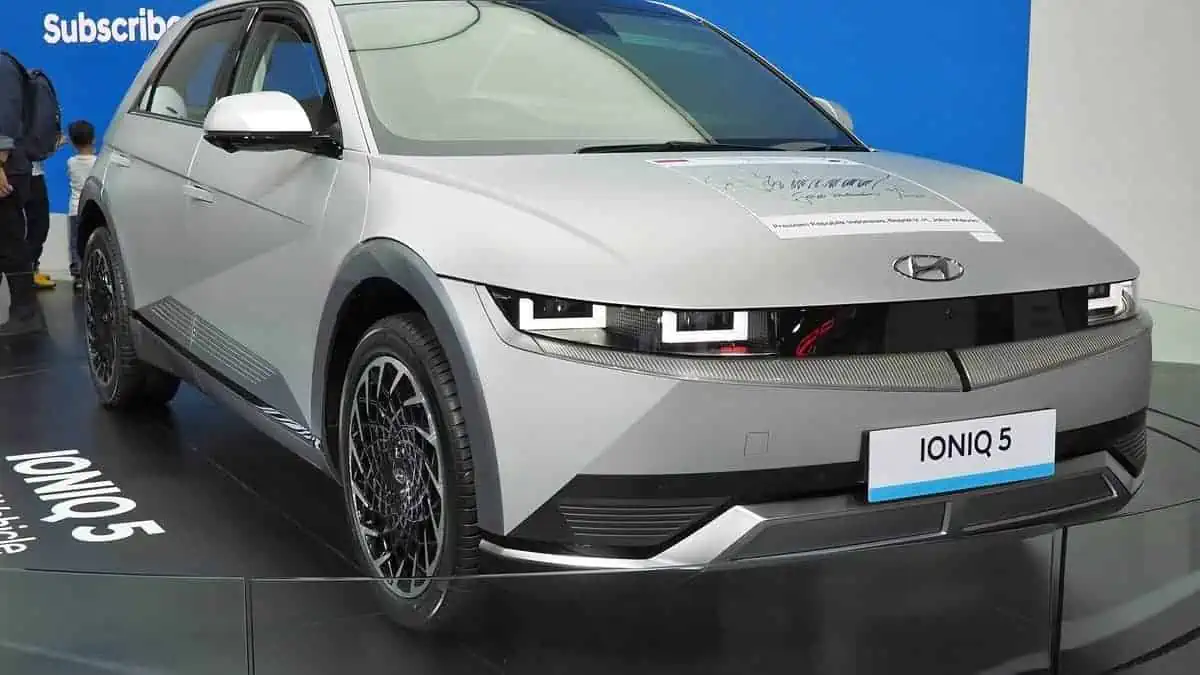Hyundai Motor America demonstrated the best January in the company’s history in the United States, as reported by InsideEVs. The company sold 52,001 units last month, nearly 9% more than the previous year.
Meanwhile, sales of the company’s all-electric vehicles are rapidly increasing.
The Hyundai Ioniq 5 sales increased by 57 percent yearly to 1,548 (3 percent of total volume), while the Hyundai Kona Electric sales increased by 334 percent (but the carmaker does not expose the exact number – BEV and ICE versions are calculated together: 5,826).
It will be fascinating to see what transpires with Hyundai Ioniq 5 sales in 2023. We are optimistic because the volume is currently stable at around 1,500 units per month.
January 2023: US sales of the Hyundai Ioniq 5
For comparison, the total sales of the Hyundai Ioniq 5 in 2022 were 22,982, accounting for approximately 3.2 percent of the total volume.
The Hyundai Ioniq 5 2023 model year is about $1,500 more expensive. The biggest unknown is whether Hyundai will be eligible for the $7,500 federal tax credit under the Inflation Reduction Act of 2022 (IRA) and how much this will affect the company.
The all-new Hyundai Ioniq 6, with an EPA joint range of up to 361 miles (581 km), is expected to hit dealerships in the United States this spring. The upcoming EV should help the company’s sales results this year.
Hyundai may no longer need EV incentives
In the long run, Hyundai (and the giant Hyundai Motor Group) will manufacture electric vehicles in the United States, eliminating the need for local EV incentives.
Unfortunately, sales of other all-electric or plug-in hybrid models (Kona Electric, Ioniq Electric, Ioniq Plug-In, Santa Fe PHEV, and Tucson PHEV) are not included in the official figures because they are grouped with conventional or non-rechargeable hybrids.
The Hyundai Nexo hydrogen fuel cell model sold only 16 units in January (a 43 percent decrease). For comparison, Hyundai sold 408 units in 2022, representing a 5% decrease. In general, there has been a slight improvement in the FCEV segment.





